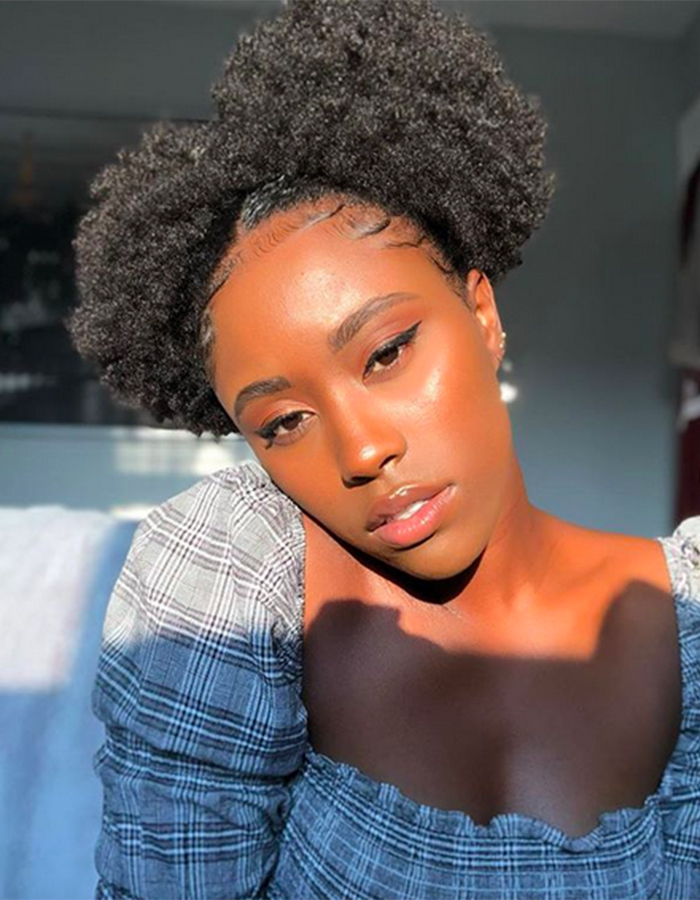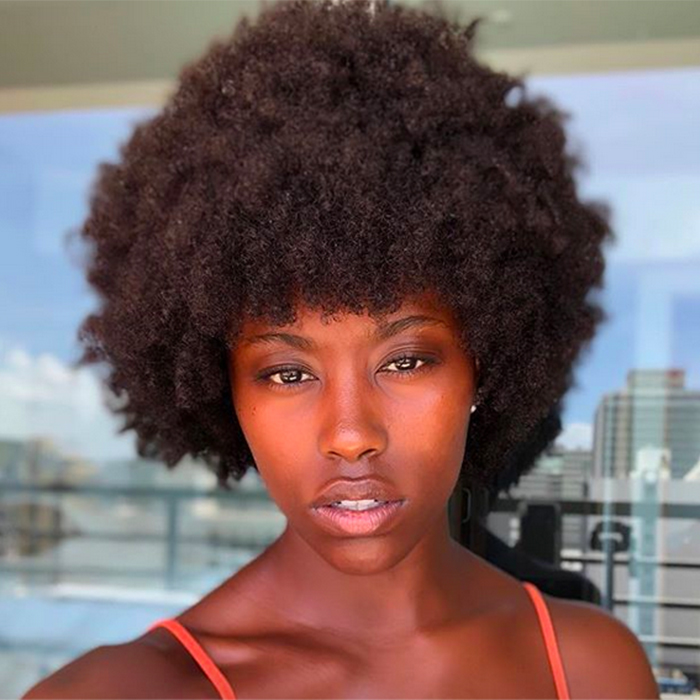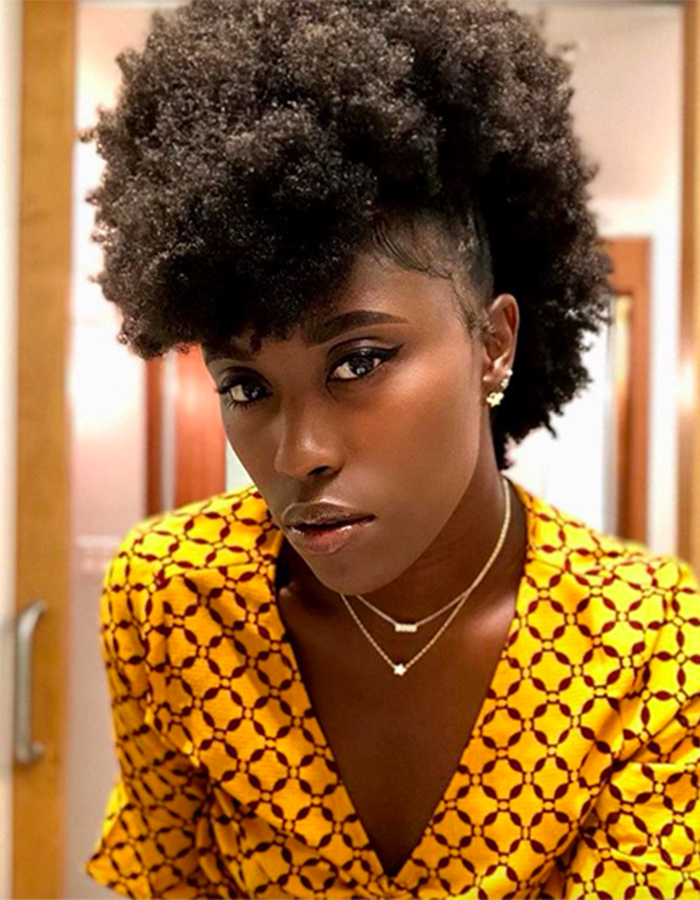This month, Naturally Curly and The Curl Talk Project are partnering to explore the link between natural hair and the notions of identity, femininity, diversity, race and representation.
Six ladies will share their experiences, from France to the UK these women reveal what it means to be a curly-haired woman in a society where beauty standards are otherwise. Discover their stories below.

Image:@_iamlenn
You are from the US, but lived in Puerto Rico for a while, tell us how curls are perceived over there?
In the US my hair is perceived as untamed, unprofessional, and unpresentable, especially within the black community. As soon as I arrived in Puerto Rico I noticed a massive difference: they loved my hair! I received so many compliments from men and women alike and witnessed so much enthusiasm and positive curiosity from them.
It’s very odd for me to see that back home by hair is seen like a rare commodity that doesn’t match people’s expectations, something people are still confused about and not really appreciative of.
What was it like growing up with curly hair?
My hair was always styled in braids. There was this idea that my hair always needed to be done to prevent it from looking unkept.
As a child I can’t remember any moments when I heard positive comments about my texture. It’s never been defined as good hair.
In the meantime I would actually hear positive comments addressed to girls with the long loose curls.
I simply internalized all these negative ideas and struggled to appreciate my hair for what it is.

Image:@_iamlenn
Do you feel there is a connection between femininity and how you feel about your hair?
Definitely! Sometimes it can be difficult to feel feminine with your natural hair especially because some men only like this long, sleek, exotic look.
It was frustrating to know that even after dressing up and putting some makeup on I would look at my hair and think that I wasn’t beautiful because of it.
Why is natural hair so strongly linked to identity?
It took me a long time to realize that, but our natural hair is who we are. This is how we are meant to be. There is nothing wrong with straightening your hair or wearing weaves or sew ins, but we all need to make sure to know ourselves naturally first, before starting any alteration process. Our hair is us, it’s our cultural heritage.
What has your experience been like wearing your natural hair to work?
I work in public relations and speak on behalf of an agency, in front of a camera most of the time, and some people believe that I shouldn’t represent it with my natural hair.
It’s not fair! If a straight haired woman goes to work with a sleek ponytail it will be perceived positively. However, the sleek ponytail I will do won’t be, simply because the texture of my hair isn’t seen as a professional option.

Image:@_iamlenn
What has been the most challenging moments of your hair journey?
Me wearing my hair out for the first time! I was so nervous and paranoid about what people thought about it.
What advice would you give to women struggling to embrace their curls?
Focus on the health of your hair instead of its length and stop comparing yourself to others. Remind yourself that this is you, you should accept it and nurture it. It’s not easy but it’s a beautiful journey to undertake.
What does your natural hair represent?
My growth, my confidence, my strength and the love that I have for myself as a black woman in America.
What are your holy grails?
“Shampoo- The Mane Choice Do It Fro The Culture Volume Powerful Shampoo
Conditioner- Etae Carmelux Silk Protein Conditioner
Deep conditioner- Mielle Organics Babassu Oil & Mint
Gel- Mielle Organics Pomegranate and Honey Curl Sculpting Custard
Edge control- Curls Control paste
Read more stories of The Curl Talk Project here
